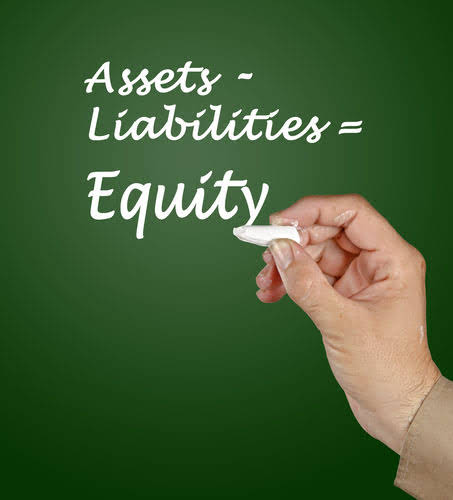
The investigation and verification are normally done on the company’s financial statements, management accounts, and other related documents, data, and information related to the investigated subject matter. The term ‘forensic’ is suitable for use in a court of law, and this aspect differentiates forensic accounting from other types of corporate investigations. Forensic accounting is a dynamic and multidisciplinary field that combines financial expertise with investigative skills and legal knowledge. Effective interviewing techniques enable forensic accountants to extract crucial information that may not be evident in financial documents.

Forensic accountants investigate a variety of financial crimes, such as fraudulent financial reporting, asset misappropriation, money laundering, and bribery. Their investigations help uncover illegal activities, support legal proceedings, and contribute to fraud prevention efforts. Asset tracing is an important part of forensic accounting, as it involves locating and identifying assets that may have gone missing or been misappropriated. forensic accounting defined By tracing assets, forensic accountants can provide a comprehensive report that may include testimony from themselves or others concerning the whereabouts of specific funds or assets. A forensic accountant is a type of accountant that uses their skills to investigate financial crimes. Forensic accountants use their knowledge of accounting, finance, and the law to gather evidence and build cases against those accused of financial crimes.
An Overview of Forensic Accounting and Its Effectiveness in the Detection and Prevention of Fraud
Forensic Accounting is the art of investigating accounting records, financial statements, and other related financial records. The result of the investigation is mostly used for legal support and resolving conflict. For example, a business valuation on the premise of fair market value attempts to draw a hypothetical reality based on the existing facts. The estimated value consists of a willing buyer’s perception as of the valuation date. As another example, in fraud investigations, typically persons or managers in positions of trust have benefited themselves at the detriment of others (e.g., the company, business partners).
Larry Crumbly, editor – “Journal of Forensic Accounting”Forensic Accounting is the specialty practice area of accounting that describes engagements that result from actual or anticipated disputes or litigation. “Forensic” means suitable for use in Court, and it is to that standard and potential outcome that forensic accountants generally have to work. Adopting an attitude of professional skepticism helps forensic accountants detect hidden discrepancies, uncover deceit, and question dubious financial practices. Fraud investigations often demand a forensic accountant’s meticulous eye, combing through layers of financial data to trace any deceitful trails.
Forensic accounting audit procedures
Investigation is the act of determining whether criminal matters such as employee theft, securities fraud (including falsification of financial statements), identity theft, or insurance fraud have occurred. In forensic accounting, no two cases are exactly alike, and the adaptive use of electronic discovery, big data, and visualization are the latest addition to the toolkit of forensic accountants. The changes in the practice and application of forensic accounting as a specialized field leave room to grow.